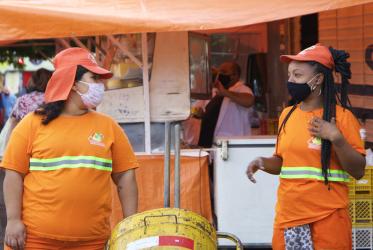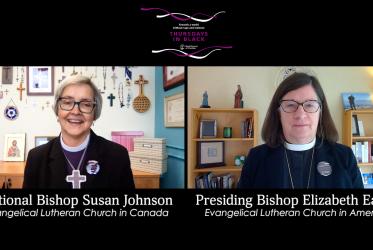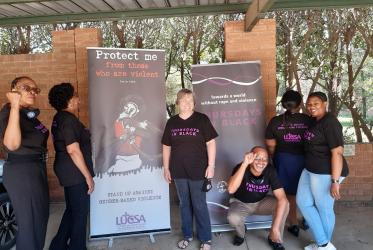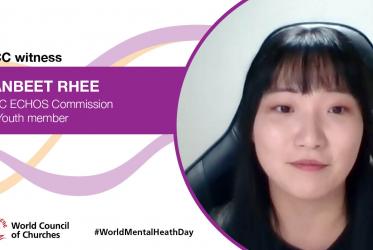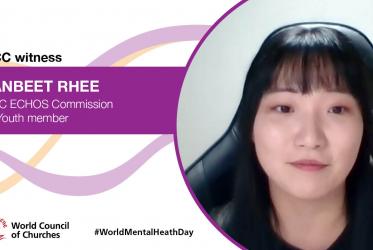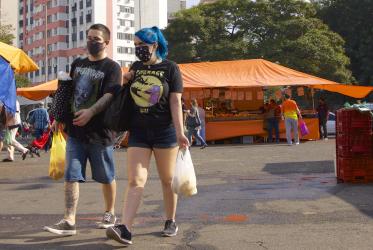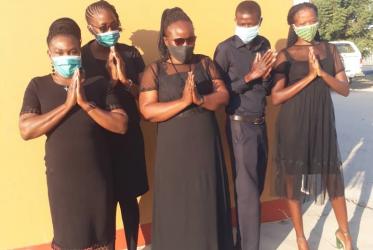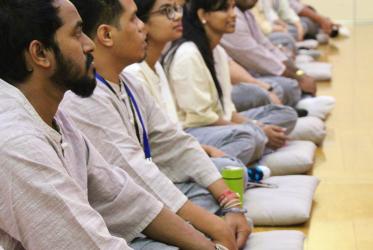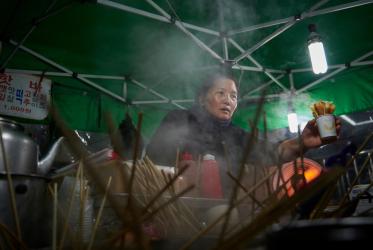Displaying 181 - 200 of 484
On World Mental Health Day, “expect your colorful life”
12 October 2020
On World Mental Health Day, “expect your colorful life”
12 October 2020
Thursdays in Black ambassadors map positive future
06 October 2020
New student body at Bossey Ecumenical Institute “a source of joy”
14 September 2020
Thursdays in Black is growing in Namibia
20 August 2020
At Bossey, ’I could feel the belongingness’
17 June 2020

